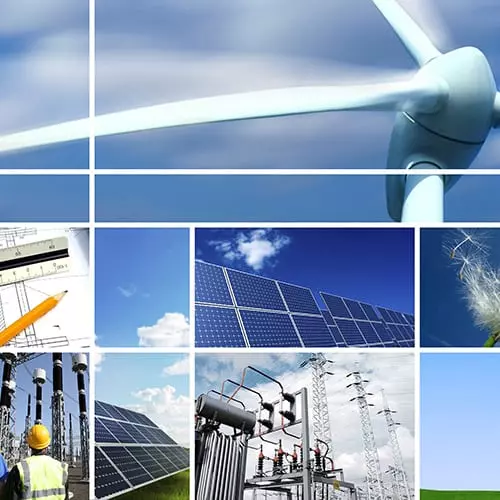Lebanon Parliament has passed the Decentralized Renewable Energy Power Generation law. With this, the private sector renewable energy producers will be allowed to sell electricity and to connect their power generation system to the grid of Electricité du Liban (EDL) at a capacity of up to 10 megawatts (MW).
The beneficiaries of the Decentralized Renewable Energy Power Generation law include individuals using solar panels on their rooftops, factories and malls that are generating their own electricity, and entrepreneurs who launch such projects within that production ceiling.
The law will further enable producers to exchange electric power with EDL and install a net-metering system for this purpose.
“When this law is implemented, it will encourage renewable energy projects that are expected to add 800 to 1,200 MW to power generation within three years,” said Pierre El Khoury, Director General of the Lebanese Center for Energy Conservation (LCEC). Renewable energy production, which was nonexistent in 2010, became 100 MW in 2019 and has reached 1,200-1,300 MW at present.
“The share of renewable energy in total electricity consumption currently exceeds 25 percent. The national target is to reach 30 percent of total electricity consumption by 2030,” he said.
The law applies to all kinds of renewable energy such as solar, wind, geothermal, hydro, and bio from organic materials (biomass).
“When producers sell their renewable energy surplus to EDL or to private sector entities they can save money as they will be relying less on batteries to store energy, El Khoury said. The electricity produced from solar photovoltaic (PV) energy is currently by far the cheapest form of electricity,” he said.
El Khoury said, “Buyers and sellers of renewable energy will be able set any price they agree on provided it is below a ceiling set by the Electricity Regulatory Authority (ERA) once it starts operations after its board of directors is nominated. “Monopolistic practices will not occur since buyers can purchase electricity from any seller they want across the country as they will get it through the EDL grid.”
However, according to El Khoury, this law cannot be fully implemented before ERA is launched. He said there would be internal and external pressures on the authorities to speed up the appointment of ERA’s board.


